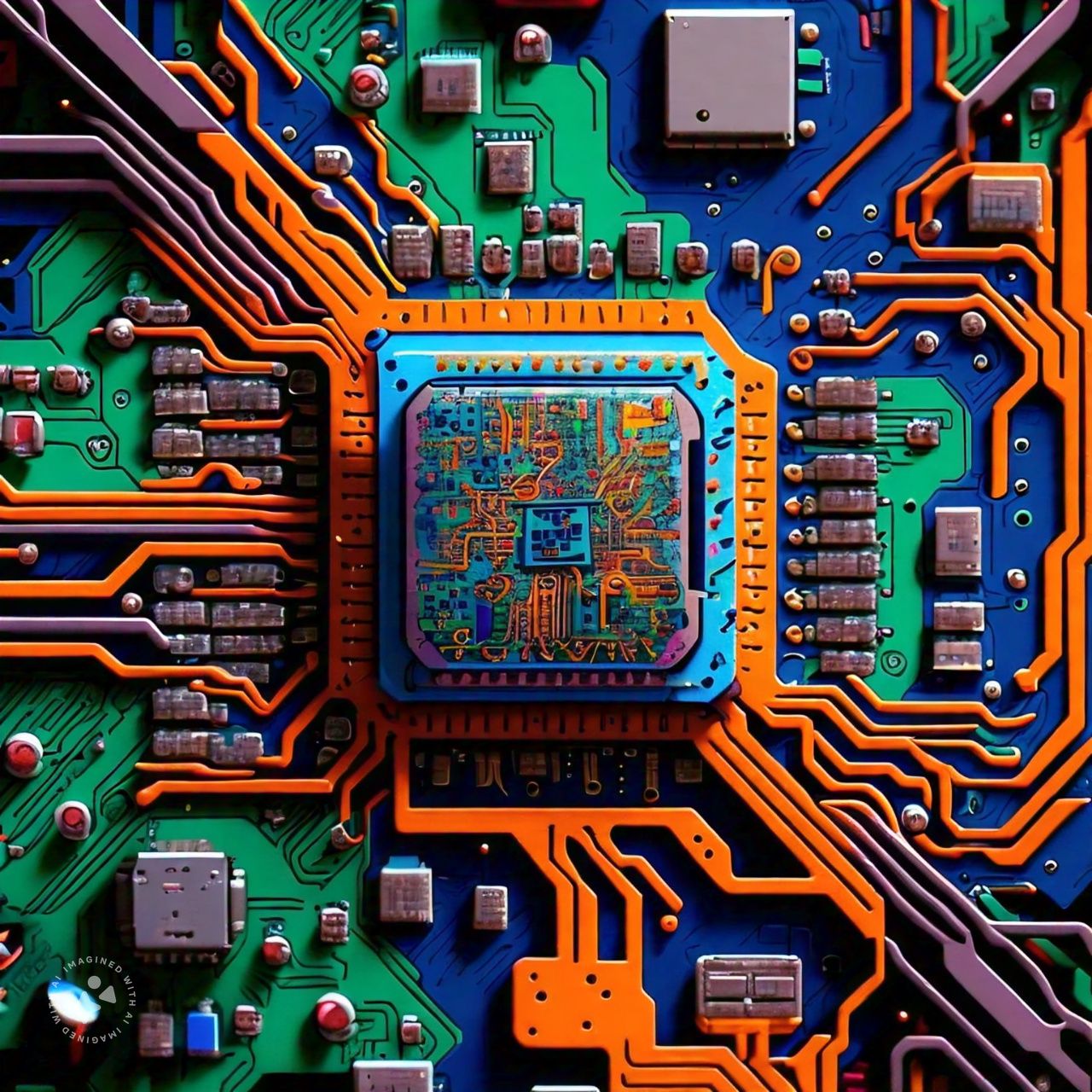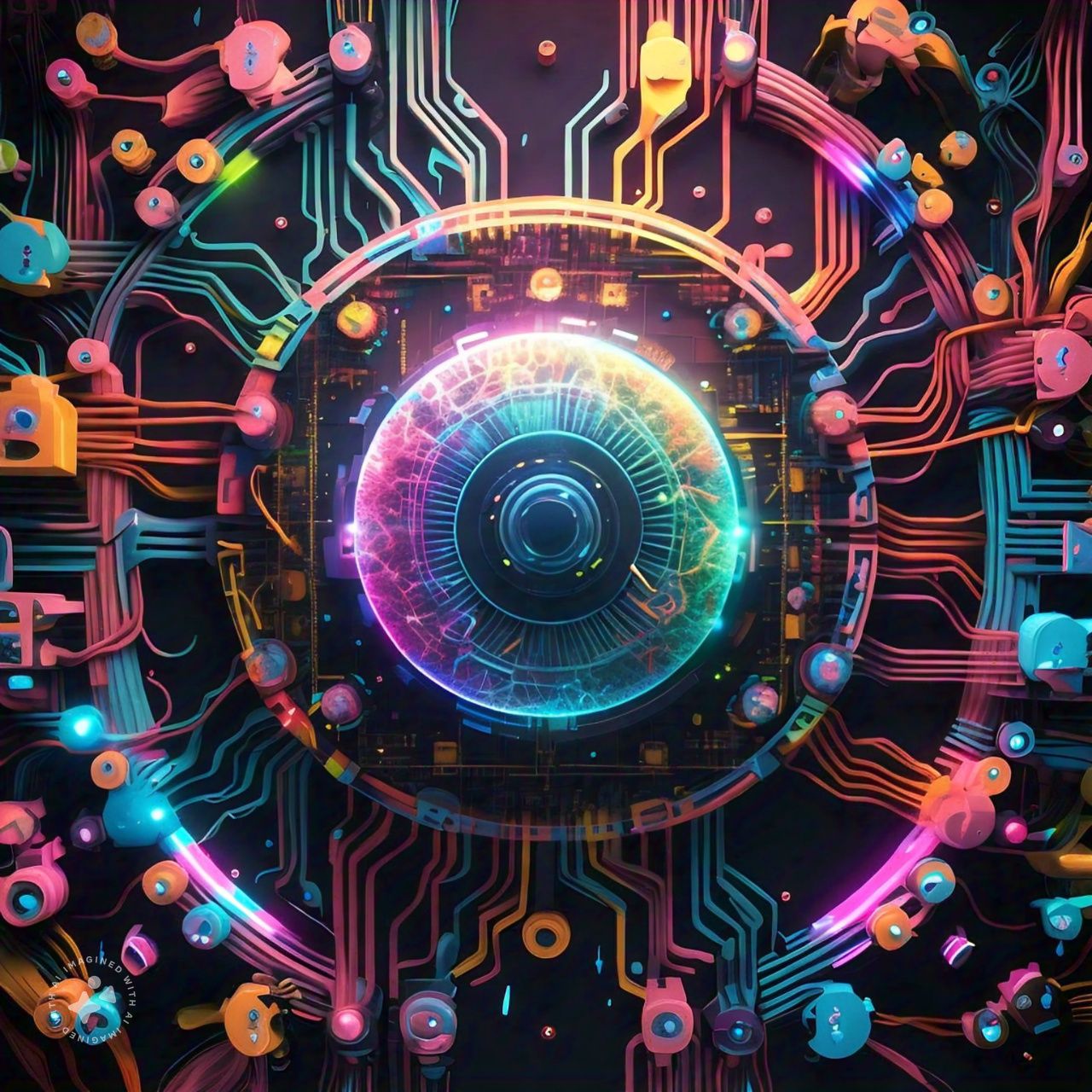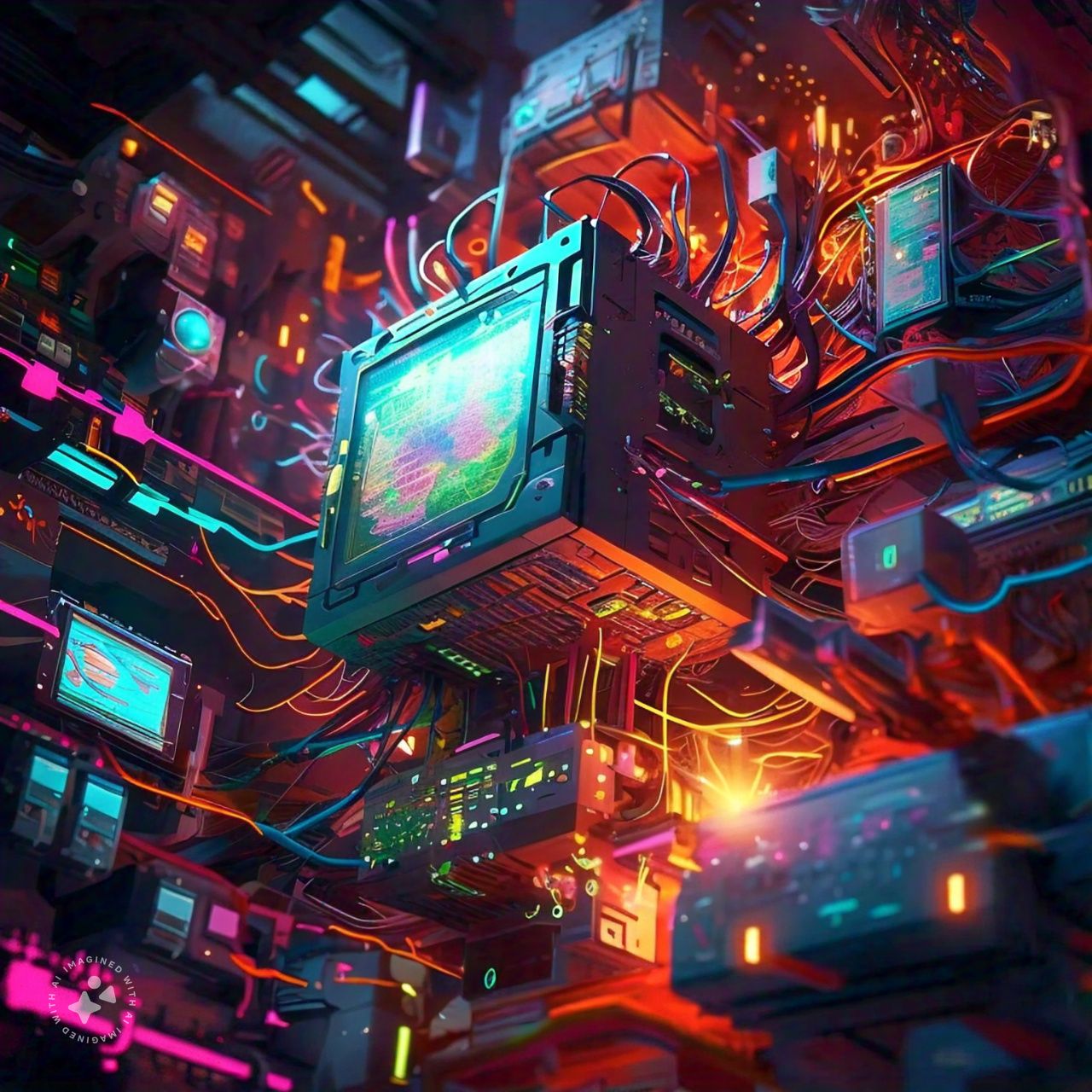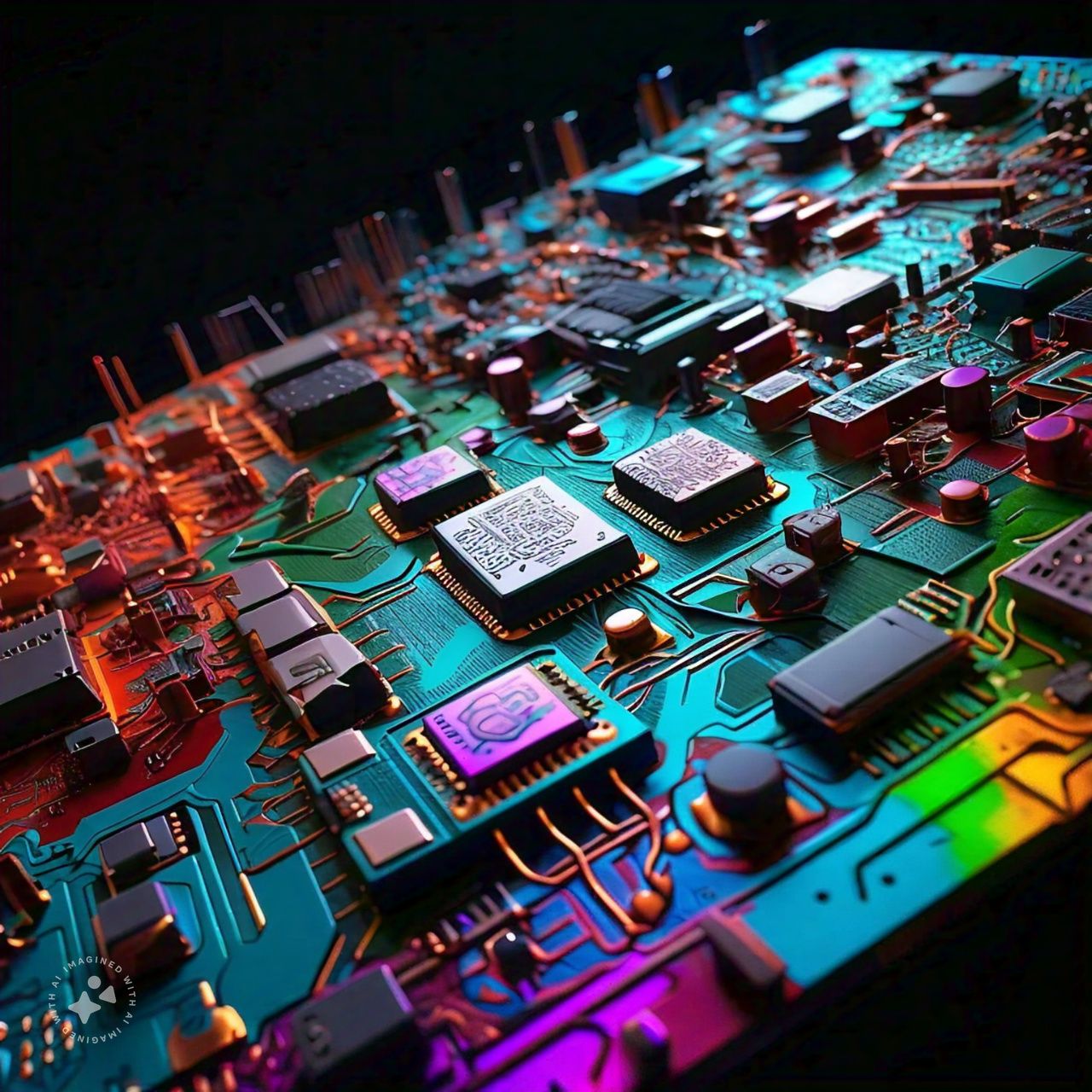The Internet has transformed our world in unprecedented ways over the past few decades. As we continue to move forward, the next phase of its evolution promises even more profound changes. From enhanced connectivity to innovative applications, the future of the Internet zone is set to be shaped by emerging technologies and evolving trends. This article explores key areas poised to redefine the digital landscape.
1. 5G and Beyond: Ultra-Fast Connectivity
The rollout of 5G technology has already begun to revolutionize how we connect to the Internet. With speeds up to 100 times faster than 4G and lower latency, 5G enables a range of new applications and services. However, the evolution doesn’t stop here. Researchers and companies are already working on 6G technology, which aims to provide even faster speeds, more reliable connections, and the capability to handle a higher density of devices.
6G is expected to integrate advanced technologies such as artificial intelligence (AI) for better network management, support for a new generation of immersive experiences like augmented reality (AR) and virtual reality (VR), and improvements in the efficiency of data transmission. The combination of 5G and 6G will enable seamless connectivity for the Internet of Things (IoT), smart cities, and autonomous vehicles, fundamentally changing how we interact with the digital world.
2. The Rise of the Metaverse
The concept of the metaverse has gained significant traction in recent years, promising to create a fully immersive digital universe where users can interact in real-time through avatars and digital environments. This virtual realm combines aspects of social media, gaming, AR, and VR, offering new ways to work, socialize, and entertain.
Companies like Meta (formerly Facebook) and numerous startups are investing heavily in the development of the metaverse. This includes advancements in VR headsets, haptic feedback technology, and spatial computing. The metaverse has the potential to revolutionize industries by creating new digital marketplaces, enabling virtual real estate, and providing novel experiences that blur the lines between physical and digital interactions.
3. Artificial Intelligence and Machine Learning
AI and machine learning (ML) are becoming integral components of the Internet’s future. These technologies are already embedded in many applications we use daily, from search engines and recommendation systems to voice assistants and autonomous vehicles. As AI and ML continue to advance, they will drive more sophisticated and personalized user experiences.
AI algorithms are expected to become more adept at understanding and predicting user behavior, improving content recommendations, and automating complex tasks. Additionally, advancements in natural language processing will enhance human-computer interactions, making it easier to communicate with machines and access information.
The integration of AI into various sectors—such as healthcare, finance, and education—will lead to innovations in personalized medicine, predictive analytics, and intelligent tutoring systems. The challenge will be to ensure that AI development is aligned with ethical considerations and that privacy and security concerns are addressed.
4. Blockchain and Decentralized Technologies
Blockchain technology, known primarily for its role in cryptocurrency, is expanding its applications beyond digital currencies. Its ability to provide secure, transparent, and tamper-proof records makes it a powerful tool for various use cases.
In the future, blockchain could revolutionize areas such as supply chain management, voting systems, and digital identity verification. Decentralized finance (DeFi) is another area poised for growth, offering alternatives to traditional financial services through blockchain-based platforms.
The development of decentralized applications (dApps) and smart contracts will further empower users by reducing reliance on central authorities and intermediaries. As blockchain technology matures, it is expected to drive more efficient and secure transactions, enhance data integrity, and enable innovative business models.
5. Quantum Computing
Quantum computing represents a significant leap forward in computational power. Unlike classical computers, which process information in binary bits, quantum computers use quantum bits (qubits) that can exist in multiple states simultaneously. This capability allows quantum computers to solve complex problems at speeds unimaginable with current technology.
The impact of quantum computing on the Internet will be profound. It has the potential to revolutionize fields such as cryptography, optimization, and simulation. For instance, quantum computers could break existing encryption methods, prompting the development of new cryptographic techniques to ensure data security. Additionally, quantum computing could accelerate advancements in materials science, drug discovery, and complex system modeling.
While practical quantum computers are still in development, ongoing research and investment in this area are likely to yield breakthroughs that will shape the future of technology and the Internet.
6. Edge Computing and the Internet of Things (IoT)
Edge computing is an emerging paradigm that brings data processing closer to the source of data generation, rather than relying on centralized cloud servers. This approach reduces latency, enhances real-time processing, and alleviates the burden on network infrastructure.
The synergy between edge computing and the Internet of Things (IoT) is particularly significant. IoT devices generate massive amounts of data that need to be processed quickly and efficiently. By leveraging edge computing, data can be analyzed locally, leading to faster responses and reduced reliance on centralized cloud resources.
This combination will drive advancements in smart cities, autonomous vehicles, and industrial automation. For example, edge computing can enable real-time traffic management systems, predictive maintenance for machinery, and enhanced security for smart home devices.
7. Privacy and Security Innovations
As technology evolves, so do the threats to privacy and security. The future of the Internet will require robust measures to protect user data and maintain trust. Innovations in cybersecurity will focus on areas such as zero-trust architecture, which assumes that threats could be internal or external and continuously verifies user access.
Additionally, advancements in encryption technologies, biometric authentication, and privacy-preserving techniques will play a crucial role in safeguarding personal information. As regulations and standards evolve to address emerging threats, businesses and individuals will need to stay informed and adapt to new security practices.
8. Sustainable Technology
The environmental impact of technology is an increasingly important consideration. The future of the Internet will likely involve a greater emphasis on sustainability and green technology. Efforts will focus on reducing energy consumption, minimizing electronic waste, and promoting the use of renewable resources.
For instance, data centers—critical to the functioning of the Internet—are significant consumers of energy. Innovations in data center design, such as energy-efficient cooling systems and the use of renewable energy sources, will contribute to a more sustainable digital infrastructure.
Conclusion
The future of the Internet zone is brimming with potential and possibilities. Emerging technologies like 5G, the metaverse, AI, blockchain, quantum computing, and edge computing are set to transform how we interact with the digital world. Alongside these advancements, ongoing efforts to address privacy, security, and sustainability will be essential to ensure that the Internet continues to be a positive force for innovation and connectivity. As we navigate this dynamic landscape, staying informed and adaptable will be key to harnessing the benefits of these exciting developments.



